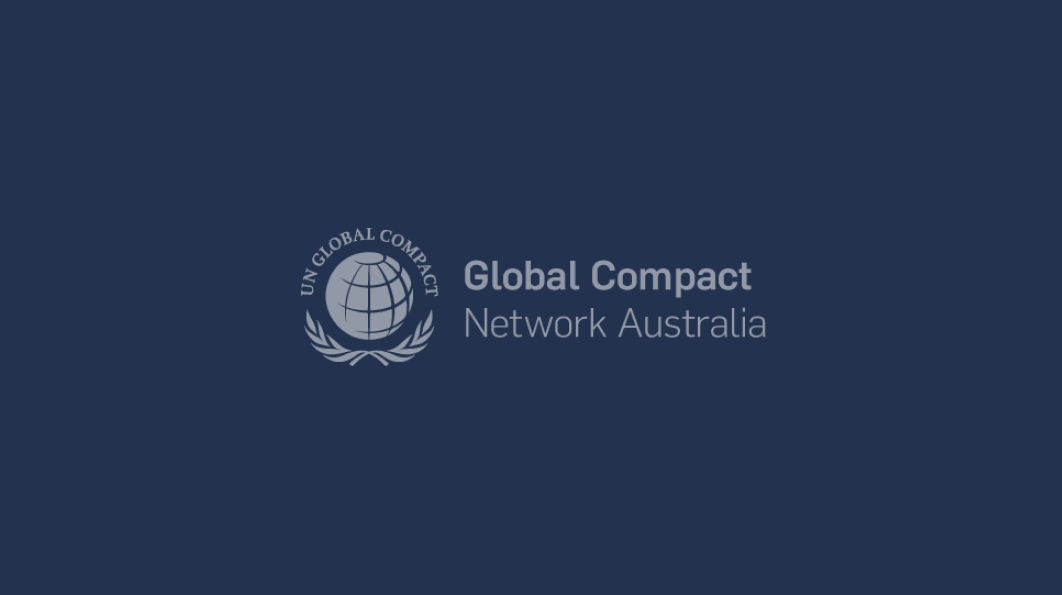
News, Sustainable Development Goals
The SDGs: One Year On
UN Global Compact Network Australia | September 26, 2016
One year ago, the UN General Assembly created history in adopting the Sustainable Development Goals (SDGs) – the most ambitious global agenda for creating a future of equality and prosperity within planetary boundaries by 2030.
So where are we one year into this 15 year journey?
There is much to do but action is building
We know that significant additional efforts will be required to achieve the SDGs. This was highlighted in the recent SDG Index which places Australia at number 20 in a global ranking on SDG performance. SDGs noted in the index as key challenges for Australia were those related to hunger, affordable and clean energy, climate change, life below water, life on land, and partnering for the goals.
However, over the last year, there has been significant activity around the SDGs, and we expect that to continue.
COP 21 delivered the Paris Climate Agreement only a few months after the SDGs were launched, and was a pivotal and crucial moment in ensuring the advancement of the 2030 Agenda (which comprises the SDGs, the financing arrangements for the SDGs, and the Paris Climate Agreement).
The recent UN High-Level Political Forum on Sustainable Development delivered the UN Secretary-General’s inaugural SDGs Report and 22 countries’ voluntary national reviews on SDGs implementation.
Further, at the recent G20 meeting in China, the 2030 Agenda was specifically called out in the G20 Leaders’ Communique which states:
“We pledge to enhance policy coherence on sustainable development and reaffirm our commitment to further align our work with the universal implementation of the 2030 Agenda for Sustainable Development…”
“We commit to contributing to the implementation of the 2030 Agenda by setting an example through bold, transformative collective and intended national actions in a wide range of areas. By endorsing the G20 Action Plan on the 2030 Agenda for Sustainable Development which also includes high-level principles, we reaffirm our commitment to achieve the ambition of the 2030 Agenda.”
So momentum around SDGs implementation will keep building and we expect governments to increasingly look to other sectors – particularly business – as financers and deliverers of impact.
Business is taking a lead
As Lise Kingo, Executive Director of the UN Global Compact has said, the last year has seen a movement from awareness to action including in the business community.
In June, the UN Global Compact and Accenture released a CEO study in relation to the SDGs. 87% of CEOs interviewed said the SDGs represent an essential opportunity to rethink approaches to sustainability, and 49% said business will be the most important actor in their delivery.
We have certainly seen this play out in Australia through the GCNA over the last year.
Shortly after the SDGs were launched, the GCNA convened the Australian Launch of the SDG Compass – the guide for business action on the SDGs. A clear message from the event was that business was ready to embrace the SDG agenda – both from a risk and opportunity perspective.
We then had a busy period supporting our companies to work through the SDG Compass, map their activities and impacts against the SDGs and identify areas of priority for scaling up impact, including through peer SDG mapping roundtables. This work is now flowing through to corporate sustainability strategies and reports are starting to include specific SDG content.
The scope of the SDGs is broad, and we are seeing all businesses able to find relevant points in the agenda that they can connect with and contribute to. We are also seeing businesses valuing the SDGs as a framework to align business strategies with national and global priorities, providing a shared agenda around which business, government, civil society and academia can come together.
The SDGs are bringing stakeholders together
Building on this understanding of the SDGs as a shared agenda, the GCNA’s year of SDGs activity culminated in the inaugural Australian SDGs Summit – convened by the GCNA, UN Sustainable Development Solutions Network, Australian Council for International Development and Australian Council for Social Service. The Summit brought leaders and decision-makers together from across the sectors – business, government, civil society, academia and youth – to explore Australian implementation of the SDGs. The Summit showcased a range of SDG implementation activities from all sectors, highlighting significant Australian engagement with the agenda.
We were also delighted to launch the CEO Statement of Support for the SDGs at the Summit, which has been welcomed by government, NGOs, academia, youth and other stakeholders. The CEO Statement – signed by an incredible list of business leaders – is a clear public demonstration of the private sector’s willingness to contribute to realising a sustainable future for Australia and the world.
Collaboration is key to scaling up impact
Throughout all of our conversations, businesses have repeatedly highlighted the potential for the SDGs to be a framework for identifying partners with aligned sustainability priorities. And partnerships will be critical to achieving the SDGs – noting that partnerships have their own SDG (Goal 17). To build practical partnering skills, the GCNA will convene practical workshops focused on the “how to” of cross-sector partnership in November 2016.
The UN Global Compact has also launched four new global platforms, in collaboration with a range of partners, to drive greater action and the embedding of the SDGs into core business.
We will bring these new platforms into Australia, and are also exploring next steps from the Australian SDGs Summit, and are excited about building on this strong first year in the business and SDGs space.